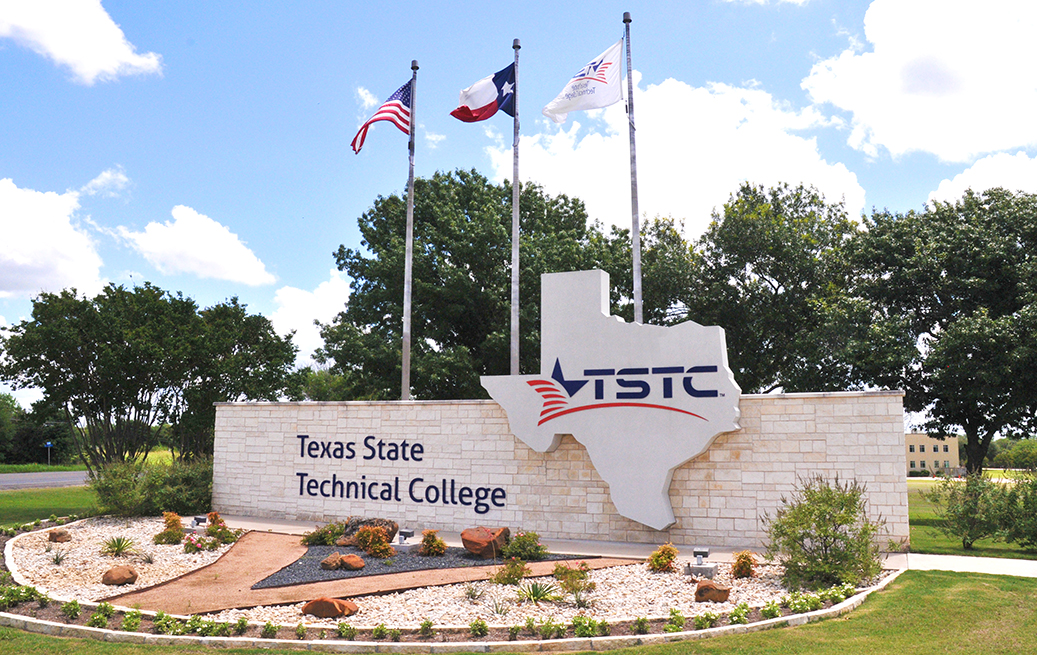Grievance & Complaint Process – Comparison Table
Question
Academic Grievance
Non-Academic Grievance
Customer Service Complaint (Compact with Texans)
Q1. What issues qualify?
Concerns about classroom management, grading, teaching methods, or deviations from academic policies.
Concerns about advising, enrollment, administrative services, or unfair application of policies/procedures.
Concerns about service delivery such as delays, poor communication, or difficulty accessing assistance.
Q2. First step?
Speak directly with the instructor within 10 working days of the incident.
Attempt to resolve issues directly with staff member or department.
Try to resolve concern with the office or staff member providing the service.
Q3. How to file formally?
Q4. What happens after filing?
Acknowledgement within 5 working days; forwarded to the Associate Provost or designee.
Acknowledgment within 5 working days; forwarded to the department supervisor.
Acknowledgment within 5 working days; routed to the department supervisor.
Q5. Who reviews?
Associate Provost or designee, who may also meet with student and faculty.
Supervisor of the employee/department involved.
Department supervisor, who investigates and responds.
Q6. Timeline for resolution?
Written resolution issued within 15 working days.
Written resolution issued within 15 working days.
Written resolution issued within 15 working days.
Q7. What if more time is needed?
Student receives a written update with a new timeline.
Student receives a written update with a new timeline.
Student receives a written update with a new timeline.
Q8. How will I be notified?
Written resolution sent to student’s TSTC myMail account.
Written resolution sent to student’s TSTC myMail account.
Written resolution will be sent to the student’s TSTC myMail account, or to the email address provided on the complaint form for guests/visitors.
Q9. Is it confidential?
Not anonymous, but information shared only with staff who need to resolve case; handled with care.
Not anonymous, but information shared only with staff who need to resolve case; handled with care.
Not anonymous, but information shared only with staff who need to resolve case; handled with care.
Q10. Can I request further review?
Yes – request a Statewide Review Board Review within 3 working days. The board's decision is final.
Yes – request a Statewide Review Board Review within 3 working days. The board's decision is final.
No – decision from supervisor is final (no review option).

